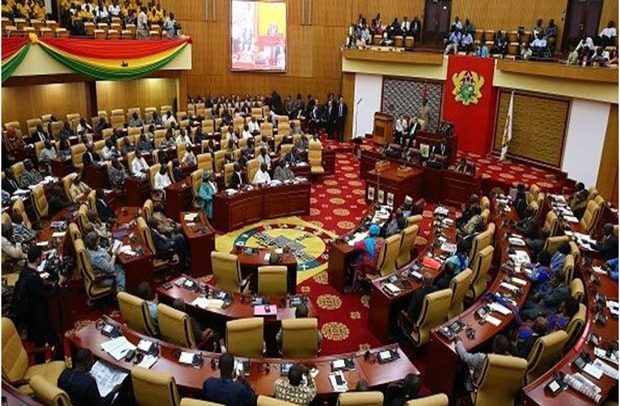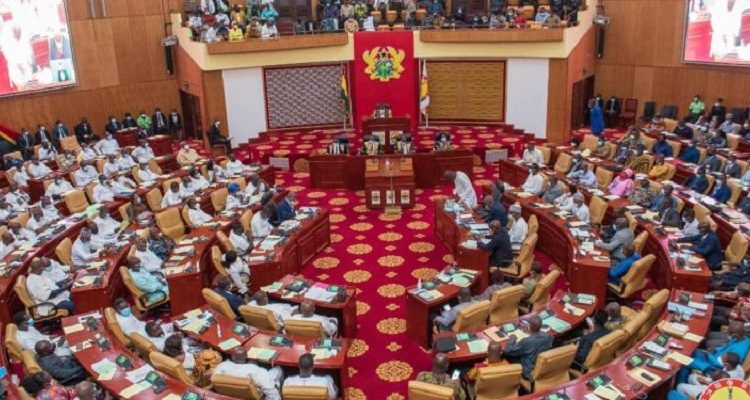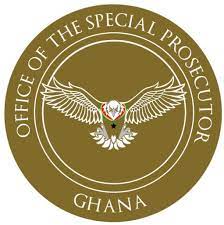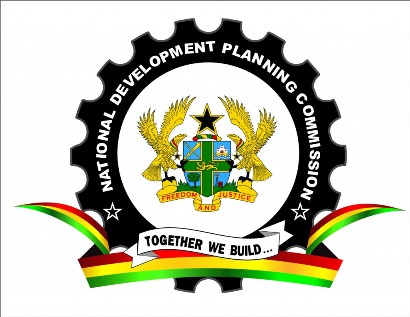
It follows the presentation to parliament by the Finance Minister, Ken Ofori-Atta, of his justification for suspending the fiscal rules. The rules are an annual budget deficit ceiling of 5 percent of GDP and a requirement to maintain a positive primary balance each year.
The Minister’s presentation was in conformity with the FRA, which obliges the Minister, upon suspension of the fiscal rules, to within thirty days present before parliament, for approval, facts and circumstances for the suspension of the rules and plans for restoring the public finances of the country with a reasonable period.
The government has decided to suspend the fiscal rules because of the severe economic impact of the COVID-19 outbreak, which is expected to result in the worst economic growth performance in nearly four decades.
Presenting Parliament’s Finance Committee’s report on the suspension of the fiscal rules, its chairman, Dr. Mark Assibey-Yeboah, stated that the COVID-19 pandemic has affected virtually all the countries of the world and every aspect of the Ghanaian economy.
He said the slowdown in economic activities has led to a drastic downward revision to the growth of real GDP from 6.8 percent to 0.9 percent, an estimated revenue shortfall of GH¢13.41bn, and caused the Minister to suspend the fiscal rules and targets for the 2020 fiscal year.
According to him, the impact of the pandemic led to interventions such as the COVID-19 Preparedness and Response Plan, provision of health infrastructure, the Coronavirus Alleviation Programme (CAP), capitalisation of the national development bank to support economic recovery, and payment of outstanding claims on government.
To restore the public finances of the country, the plan presented to Parliament shows that the government will implement a number of fiscal consolidation measures to reduce the fiscal deficit from 11.4 percent of GDP in 2020 to 9.6 percent in 2021, 7.1 percent in 2022, 5.2 percent in 2023, and 3.8 percent in 2024.
The government also aims to improve the primary balance from a deficit of 4.6 percent of GDP in 2020 to a deficit of 3.4 percent in 2021, 1.9 percent in 2022, 1 percent in 2023, and a surplus of 0.1 percent in 2024.
As part of efforts to rebuild the economy, the government is implementing the Ghana COVID-19 Alleviation and Restoration of Enterprises Support (Ghana CARES) Programme, which will continue over the next three and half years. Read Full Story






















Facebook
Twitter
Pinterest
Instagram
Google+
YouTube
LinkedIn
RSS